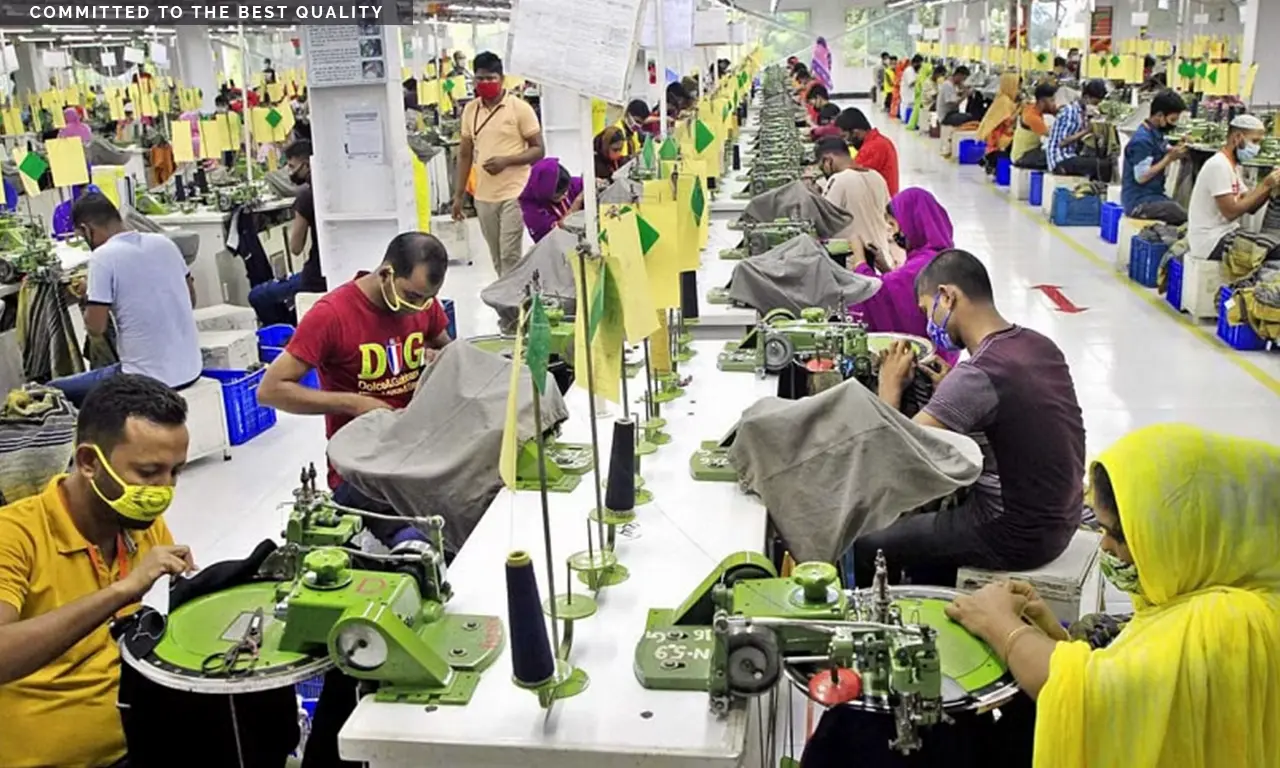
Sustainability plays a crucial role in the Ready-Made Garments (RMG) sector. The RMG sector encompasses the manufacturing, production, and distribution of clothing and textiles. Historically, this sector has faced numerous sustainability challenges, including environmental impacts, social issues, and ethical concerns. However, in recent years, there has been a growing recognition of the need to promote sustainability within the RMG industry. Here are some key areas where sustainability is affiliated with the RMG sector:
- Environmental Impact: The RMG sector has significant environmental implications, including water pollution, energy consumption, and waste generation. To address these issues, sustainable practices are being adopted, such as reducing water usage through improved dyeing and finishing techniques, implementing energy-efficient manufacturing processes, and promoting recycling and waste management.
- Supply Chain Transparency: Promoting sustainability in the RMG sector involves ensuring transparency in the supply chain. This includes traceability of raw materials, such as cotton or synthetic fibers, to ensure they are sourced sustainably, with reduced environmental impact and adherence to fair labor practices.
- Social Responsibility: Sustainability in the RMG sector also emphasizes social responsibility, including fair labor practices, safe working conditions, and workers' rights. Companies are increasingly adopting social compliance initiatives, such as ethical sourcing, fair wages, and providing a safe and healthy working environment for employees.
- Circular Economy: Moving towards a circular economy is another key aspect of sustainability in the RMG sector. This involves designing products for longevity, recycling and reusing materials, and minimizing waste. Some initiatives include using recycled or upcycled materials, promoting garment recycling programs, and exploring innovative ways to extend the lifespan of clothing through repair and resale.
- Sustainable Fashion: The concept of sustainable fashion is gaining momentum in the RMG sector. It encourages the use of eco-friendly materials, such as organic cotton or recycled fibers, and focuses on reducing the environmental impact throughout the garment's lifecycle. Sustainable fashion also promotes slow fashion, emphasizing quality over quantity and encouraging consumers to make conscious buying decisions.
- Collaboration and Certification: Various collaborations and certifications are emerging to promote sustainability in the RMG sector. For example, organizations like the Sustainable Apparel Coalition (SAC) bring together brands, retailers, and manufacturers to work towards sustainability goals collectively. Certifications such as the Global Organic Textile Standard (GOTS) and FairTrade Certification ensure that certain environmental and social standards are met.
Here are some of the benefits of sustainability in the RMG sector:
- Reduced environmental impact: By using sustainable materials, conserving water, and reducing energy consumption, the RMG sector can reduce its environmental impact.
- Improved worker welfare: By ensuring that workers are treated fairly and that their working conditions are safe and healthy, the RMG sector can improve worker welfare.
- Increased competitiveness: By adopting sustainable practices, RMG businesses can become more competitive in the global marketplace.
- Enhanced brand reputation: By being seen as a sustainable business, RMG businesses can enhance their brand reputation and attract customers who are concerned about sustainability.
By embracing sustainability, the RMG sector can have a positive impact on the environment, workers, and businesses.
Leave a Reply
Your email address will not be published.

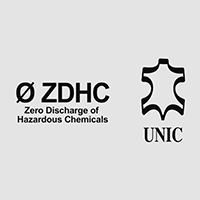







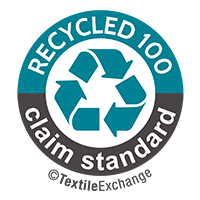

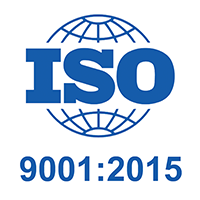






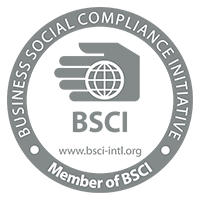

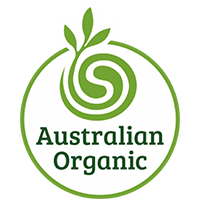

Comments
0 Comment